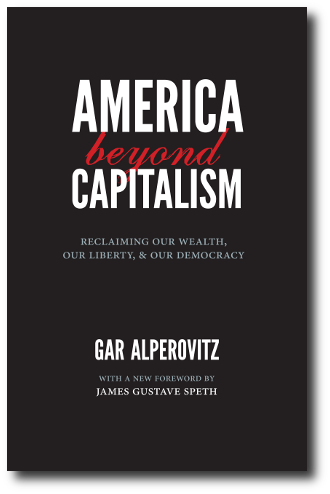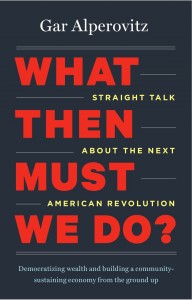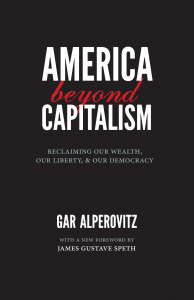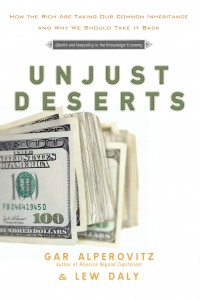 The following adapted excerpt of my book What Then Must We Do? appeared in the 10/28 edition of The Nation
The following adapted excerpt of my book What Then Must We Do? appeared in the 10/28 edition of The Nation
Everyone knows the United States faces enormous challenges: unemployment, poverty, global warming, environmental decay—to say nothing of whole cities that have essentially been thrown away. We know the economic system is dominated by powerful corporate institutions. And we know the political system is dominated by those same institutions. Elections occur and major fiscal debates ensue, but most of the problems are only marginally affected (and often in ways that increase the burdens).
The issue is not simply that our situation is worrisome. It is that the nation’s most pressing problems are built into the structure of the system. They are not unique to the current economic slump or the result of partisan bickering, something passing in the night that will go away when we elect forward-looking leaders and pressure them to move in a different direction.
Not only has the economy been stagnating for a long time, but for the average family, things have been bad for a very long time. Real wages for 80 percent of workers have not gone up more than a trivial amount for at least three decades. At the same time, income for the top 1 percent has jumped from roughly 10 percent of all income to more than 20 percent. A recent estimate is that a mere 400 individuals in the United States own more wealth than the bottom 180 million Americans taken together.
Unfortunately, what we call traditional politics no longer has much capacity to alter most of the negative trends. To be clear: I think projects, organizing, demonstrations and related efforts are important. But deep down, most people sense—rightly, in my view—that unless we develop a more powerful long-term strategy, those efforts aren’t going to make much of a dent.
 AMERICA BEYOND CAPITALISM
AMERICA BEYOND CAPITALISM



 Agenda
Agenda  Posterboard
Posterboard 